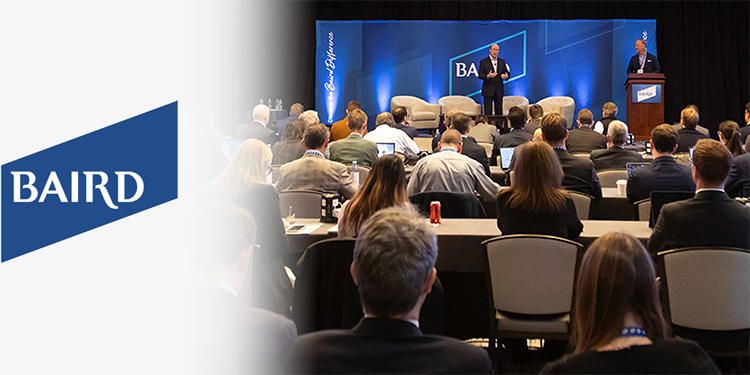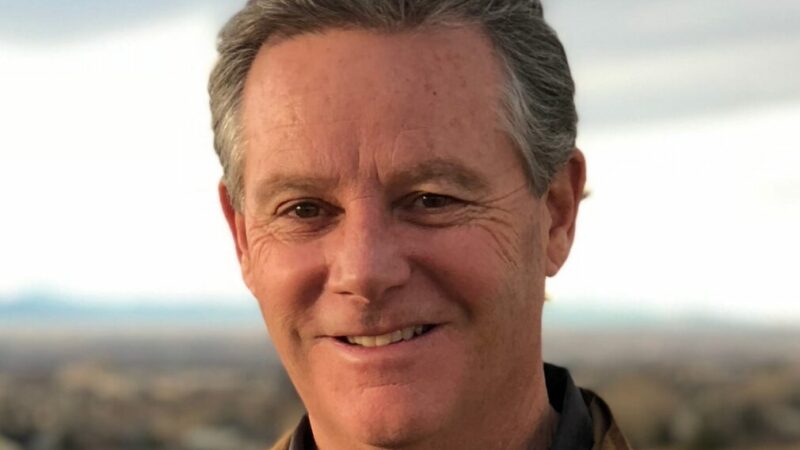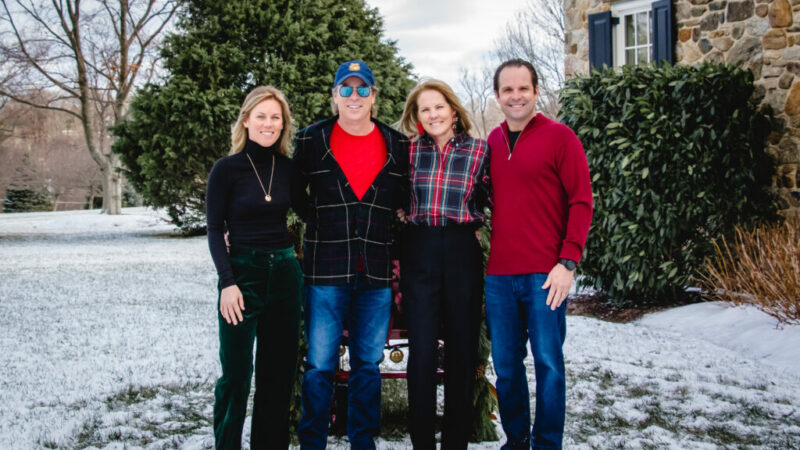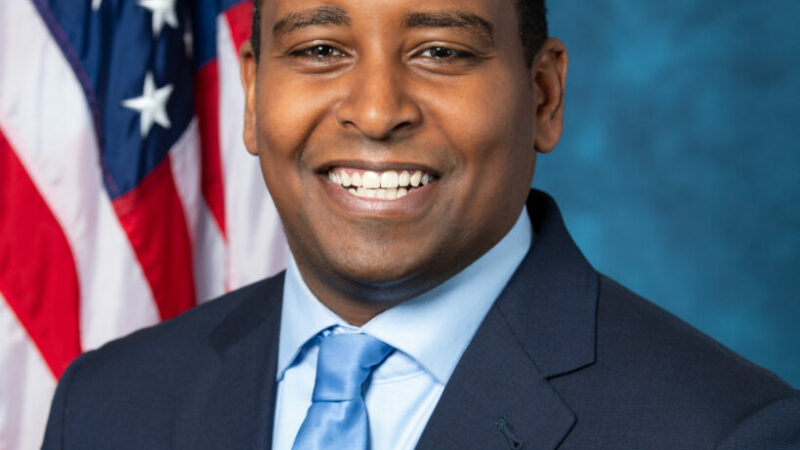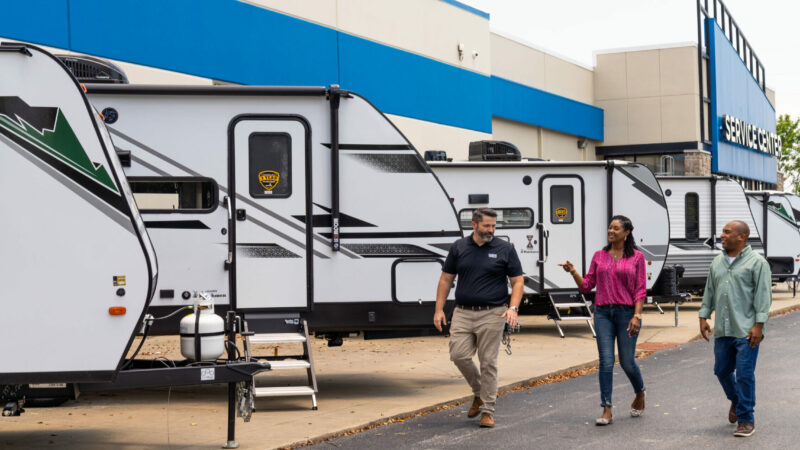RVIA’s Advocacy Day Tackles ‘De Minimus’ & Other Issues – RVBusiness – Breaking RV Industry News
The 2024 edition of Advocacy Day, the bookend event to the RV Industry Association’s (RVIA) week-long “RVs Move America” conference, featured about 100 participants who, in more than 100 meetings with members of Congress and their staffs, lobbied on behalf of the RV and campground industries.
While participants met with members of Congress from their home state, in a somewhat new approach several groups were formed to address specific issues, such as passing the Travel Trailer and Camper Tax Parity Act on floor plan financing, renewing the Generalized System of Preferences (GSP) for lauan import relief, and closing the “de minimis” loophole with regard to unfair advantages for imported RV accessories priced less than $800.

RVIA Vice President of Government Affairs Jason Rano said, in general, the meetings went well and he was especially pleased with the issue-specific approach.
“We tried to this year to address specific issues, so we took some folks and made sure they met with key leaders on committees, both chairs and ranking members, and their staff,” Rano said. “So, we spent some time with House Ways & Means and Senate Finance leadership talking about floor plan and GSP and de minimis.
“We also spent some time with House Natural Resources and Senate Energy and Natural Resources folks talking about The EXPLORE Act and America’s Outdoor Recreation Act and encouraging swift passage of that,” he continued. “But we still balanced those meetings with constituent-focused meetings for many of our advocates.”
As an example of the importance of constituent meetings, Rano singled out a meeting with a relatively new member of Congress from California, who showed interest in supporting the floor plan legislation.
“So, our advocates play a huge role in helping develop new champions for our industry as well as focus on key committee members and key committee leadership to demonstrate the importance of this legislation and help move it forward,” Rano said. “Constituent-based meetings are really important. That’s how you build trust with advocates and vice versa. It’s how you build relationships.”
He added that the rule of thumb is it takes three touchpoints with a member of Congress before the foundation is laid for a more productive relationship, and having advocates from the industry lobby Congress year after year is an important role in making those connections.
Rano then turned his attention to a few of the issue-specific meetings, saying he thought their efforts “will bear some fruit.”
“I was in one meeting in the afternoon with an important subcommittee chair’s office, and we were able to talk about de minimus and GSP,” he said. “The staffer, being new to the office, was fully engaged in a meeting, gave us more time than we were originally scheduled for, demonstrated a commitment to working with us and even spoke to one of the advocates about helping out on a specific issue that they were dealing with that was kind of unique to them.”

Bob Brammer, president of Stromberg Carlson Products, the Traverse City, Mich.-based supplier of a variety of RV parts and accessories, was one of the advocates assigned to an issue-specific group.
“The whole reason I went was de minimus,” said Brammer about the practice in which imported goods costing less than $800 are exempt from tariffs. The most glaring example are products manufactured in China being sold duty-free directly to U.S. consumers via Amazon, he said. This loophole is costing companies like Brammer’s millions of dollars.
“The fact is, nobody understands the volume of de minimus coming into the country and how it’s affecting retail sales everywhere – not just in the RV industry, but clothing and garments, boating, ATVs, bikes, fishing rods, reels,” Brammer explained.
“And that stuff’s going on more and more and more. They’re not just cheaper because they’re duty-free. They’re cheaper because they’re making the product cheaper – but it sure looks pretty and it sure looks nice at first glance. I think this is affecting the industry way more than we know,” he said.
“And as we would meet with congressmen and senators and talk about this, you could see them nodding their head up and down. They’re starting to become aware and they know it’s a problem,” Brammer said. “And you talk about the tariffs, and they’re like, ‘Yeah, yeah, that kind of sucks.’ But then you start talking about the consumer protection side of it on how they’re getting stuff that’s actually dangerous. Well, now they lean forward a little more interested.”
Having the last say on Advocacy Day was Rano, who said having so many people willing to spend their time participating in Advocacy Day is essential in advancing the common good of the RV industry.
“We had our members and our partners in meetings, we had dealers in meetings, we had campgrounds owners and state association business leaders in meetings. It all matters,” he said. “I say this time and again, but the fact is we have a great Government Affairs team at RVIA, but having folks that can speak about the impact of these bills on their businesses and on their communities, that makes a huge, huge difference. We really appreciate everybody taking the time to be in D.C., not only to be there for the meetings, but to do the work to prepare and be such great advocates.”

